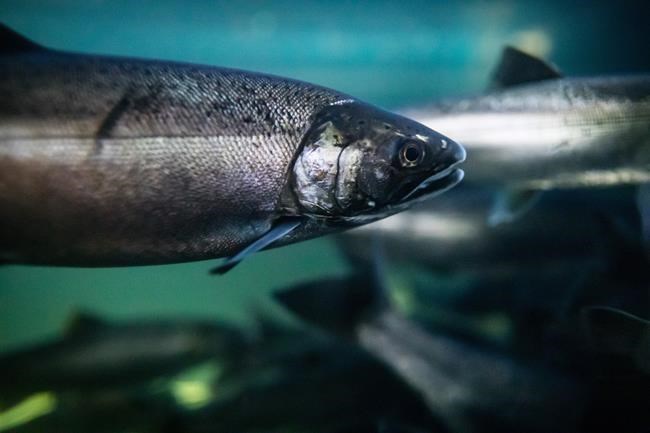OTTAWA — The federal government has agreed to prioritize environmental assessment for a chemical used in tire rubber that has been linked to the deaths of Pacific salmon.
The move follows a request by several environmental groups represented by Ecojustice, which shared a copy of a letter from Environment Minister Steven Guilbeault saying the government will add the chemical known as 6PPD to its priority list.
The letter, dated April 30, says the review will determine whether the substance is toxic or capable of becoming toxic under Canada's environmental protection law.
It says the assessment will inform the development of a proposed plan for managing chemicals, which will be published for consultation this summer.
The request from three British Columbia-based groups in February cites a study published in Science, a top academic journal, which found the chemical produces a breakdown substance that's lethal for coho salmon in particular.
Guilbeault's letter says the detail provided in the request "aligns" with information Environment Canada is already collecting on 6PPD and its breakdown substance.
The researchers behind the 2020 study concluded that the substance, 6PPD-quinone, was responsible for previously unexplained coho deaths spanning decades in Seattle-area watersheds.
The analysis showed toxic concentrations of 6PPD-quinone after rain, suggesting it has been flowing off roads and into streams.
The study says 40 to 90 per cent of returning salmon may die before spawning in urban watersheds that have extensive pavement and other "impervious surfaces."
This report by The Canadian Press was first published May 7, 2024.
The Canadian Press




